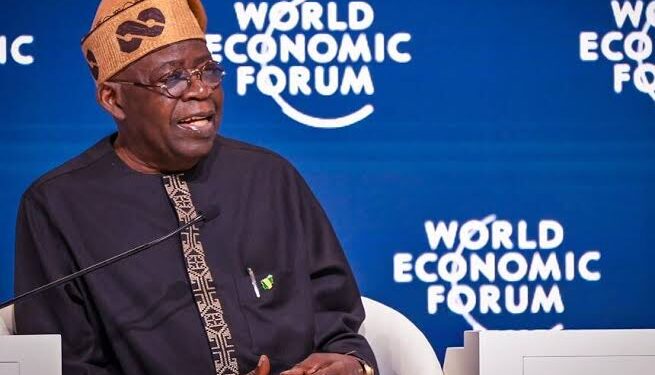Former Cross River Governor Donald Duke has taken a bold stance against the Federal Government, demanding a reduction in the country’s skyrocketing energy prices to stimulate economic productivity. Appearing on Channels Television’s Inside Sources with Laolu Akande, Duke didn’t joke with words when he criticized President Bola Tinubu’s administration for the “fundamental error” of removing subsidies on both petrol and electricity simultaneously.
What They Are saying
“What we are doing to our people is just not sustainable. We need to revisit these policies and put our people first,” Duke argued. He made it clear that this is not merely about subsidies but about enhancing the productivity of Nigerians.
“If you reduce energy prices, people become more productive, and the economy will grow even further,” he added, suggesting that the current approach is a recipe for disaster.
According to Duke, four key factors are driving inflation in Nigeria: high energy costs, bloated contracts, poor wealth distribution, and sky-high interest rates.

“We need to get the economy working for the people. That’s the bottom line,” he emphasized, pointing out that Nigerians care more about their daily survival than the nuances of governance.
Duke didn’t stop there, he also highlighted the high unemployment and dependency ratios in Nigeria, linking them to the nation’s lack of productivity.
“Productivity determines the stability of any nation, and this administration needs to focus on industrialization to reduce our dependence on imports,” he asserted.
Why It Matters
With over 60% of Nigeria’s foreign exchange earnings tied up in oil imports, Duke argues that domesticating energy production could dramatically lower the exchange rate. “Beyond that, we need to question what we import. We’re running an import-dependent economy in a country of 230 million people. We should be fostering a productive, manufacturing, and agrarian economy instead of importing everything,” he lamented.
Duke also warned about the mass exodus of multinational companies due to Nigeria’s crippling energy prices and economic instability. “A lot of companies are leaving Nigeria because of the cost of production and the exchange rate,” he noted. Recent exits include global giants like Kimberly-Clark, Procter & Gamble, GlaxoSmithKline, Unilever, and Sanofi-Aventis, all citing high energy costs and currency depreciation as primary reasons for their departure.
Bottom Line
The former governor’s message is clear, Nigeria’s current economic trajectory is unsustainable, and unless urgent measures are taken to reduce energy prices and promote domestic productivity, the nation’s economic woes will only deepen.

















